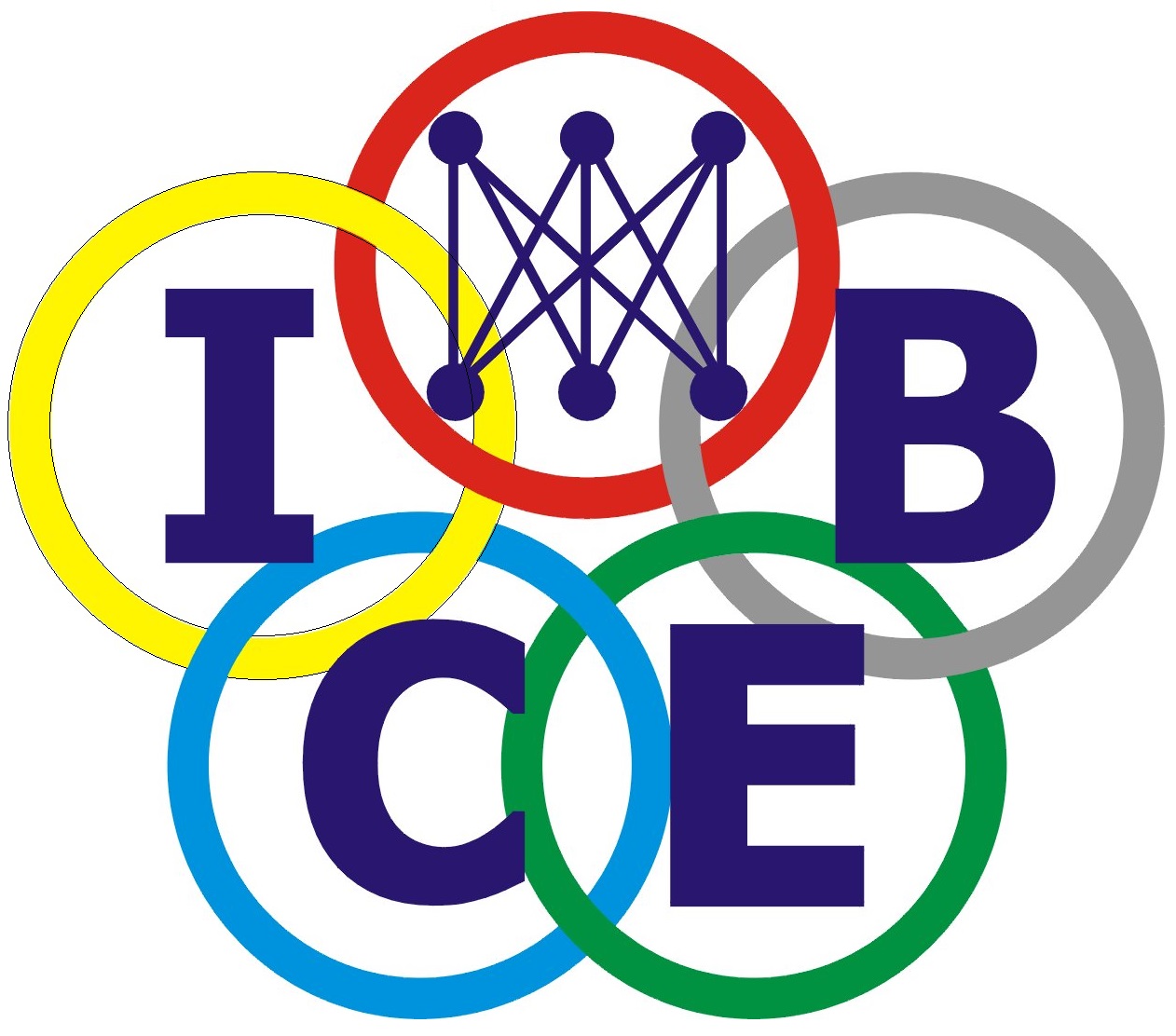Document Type
Article
Abstract
Businesses are adopting Bring Your Own Device (BYOD) policies in their organisations to allow employees to bring personal mobile devices to work. This approach can be adopted in education to address the educational divide between developing and developed nations. A BYOD approach to education could entail the use of cheap tablets to deliver educational content but would require an appropriate blended learning approach for learning to be effective. Consequently, the objective of this paper is to investigate the effectiveness of different blended learning approaches with tablets as an instructional medium. A conceptual model for blended learning was constructed from learning theories in the literature. Subsequently, experiments were conducted to investigate the impact of media richness, collaborative work and performance feedback on learner performance, engagement and satisfaction. The results have implications on educators who plan to design tablet-based blended learning arrangements.
Recommended Citation
Chen, Yan Chang; Sng, Fiona; and Kawaja, Mohamed Ariffin, "Byod Approach To Blended Learning In Developing Nations" (2013). ICEB 2013 Proceedings (Singapore). 17.
https://aisel.aisnet.org/iceb2013/17


